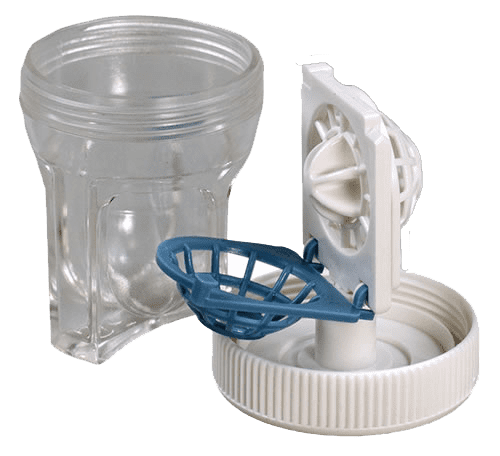

The cleaners in these contact lens solutions are necessarily very mild since they must be gently enough to come in contact directly with the eye. The Cons: These solutions are extremely popular due to convenience, but if you get a lot of deposits or build up on your contact lenses, these are typically not the best option.

As your tear film pH decreases (becomes more acidic), the solution becomes thinner to help maintain comfort and visual performance. Unique pH: This solution is an all-in-one cleaner and storage solution that works to hydrate or condition the contact lens by adjusting to the natural pH of the tears on the surface of your eye. Preservatives: clorhexidine gluconate and PAPB For best results, the manufacturer recommends storing the contact lens in the solution overnight, then rubbing and rinsing the lens in the morning before putting on the eye.
#Best cleaner for scleral lenses pro#
Many RGP contact lens solutions will mention "conditioning" - that means improving the wettability of the contact lens so that it stays better hydrated on your eye to maintain great comfort and clear vision.īoston Simplus: This cleaner and storage solution has protein deposit removal that is comparable to more abrasive cleaners on the market with the pro of being an all-in-one solution. Multipurpose Systems: All-in-one solution systems (sometimes abbreviated MPS solutions) are super convenient because in just one bottle you can clean, disinfect, store, and condition your contact lens overnight. So which solutions are the best to use? Here are the top options on the market: Compare that to soft contact lens wearers who have an incidence of 25.4 cases per 10,000 patients for those who wear monthly disposable overnight wear soft contact lenses! Even though the risks of infection are much lower when you wear daytime wear RGP lenses than overnight wear soft contact lenses, because patients wear these lenses for much longer, up to a few years at a time, the repeat exposure to bacteria can cause significant risk. For patients wearing RGP or scleral lenses, the risk of infection is extremely low with only 2 cases per 10,000 patients reported. Unfortunately it's possible to be blinded by contact lens wear, so proper hygiene and care is essential.

The biggest risk with contact lens wear, whether you wear soft or RGP lenses, is corneal infection.


 0 kommentar(er)
0 kommentar(er)
